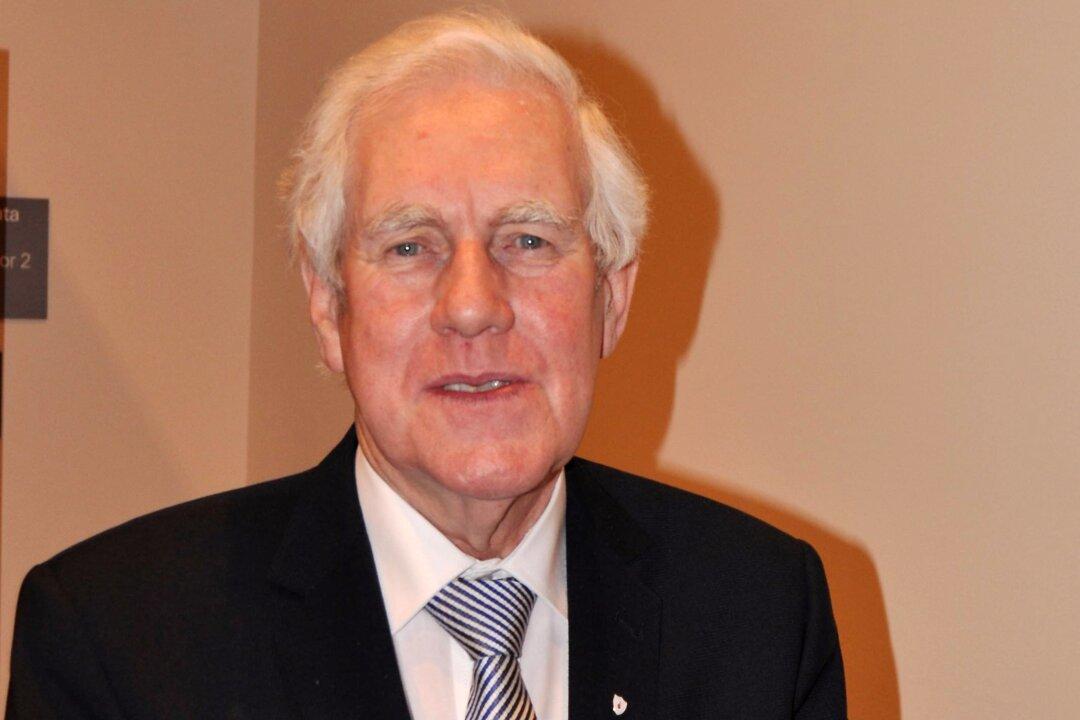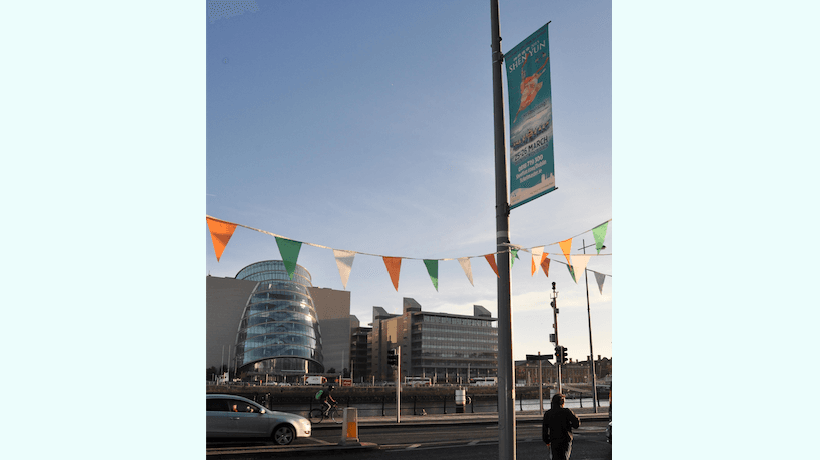Whenever I see a documentary on the holocaust, I ask how such a thing could happen over a six-year period between 1939 and 1945, apparently with very few people knowing about it. Then I wrongly assume that something like that could never happen in today’s world of instant global media.
This June 4th marked the 24th anniversary of the Tiananmen Square protests of 1989, an event that showed us the Chinese Communist Party’s true nature. It is an event that the CCP still tries to cover up on the Internet. Ten years after that event, the CCP found a new group to victimise, the peaceful spiritual practice of Falun Gong. While it may be hard to believe, the persecution and forced organ harvesting of Falun Gong practitioners has lasted twice as long as the Second World War.
Last month in Dublin, at the invitation of the Oireachtas, Mr David Kilgour, Former Canadian Secretary of State for Asia-Pacific and a Nobel Prize nominee for his comprehensive research on the subject spoke on the issue of forced organ harvesting of Falun Gong practitioners in China. Kilgour is co-author of the book Bloody Harvest: The Killing of Falun Gong for their Organs.
Kilgour and Ethan Gutmann, himself an independent China-researcher, have been speaking to governments across Europe recently, and both said they were encouraged with the recent progress.
“We had a very good hearing in the Scottish parliament, they seemed to be interested in bringing in a bill that would ban using trafficked organs. Australia has just passed a bill that deals with human trafficking, and there is a section on organ trafficking. It’s certainly not perfect, but it shows that there is now a willingness, a tipping point for parliaments to move on this issue,” said Kilgour.
“It’s about time of course: I’m only sorry I’m not able to tell you that Canada has done something significant. I’m delighted because I feel that we are pushing on an open door here. We spoke to a group of high school students before we went to see the Irish committee, they were appalled at what we told them. I’m sure that’s fairly representative of the opinion of the Irish people on the whole. So I think that this might be a perfect place to show leadership on this issue,” said Kilgour.
The last time Kilgour spoke on this issue in Dublin was seven years ago. Commenting on the time-frame involved in this issue, Kilgour said: “In athletic terms this is not a sport for the short-winded. You have to be very patient as all of us who work on this issue are, but I do get a sense that things are getting better, there is real movement, the UN via the Special Rapporteur on torture has moved on it, the US congress has made some steps. I think we may have reached a tipping point, and parliaments and legislators agree that they have to act.”
On whether organ harvesting can be stopped in China while the CCP are in power, Kilgour said that if it can’t be stopped, then at least countries outside China, such as Ireland or Canada, can make it a crime for their citizens to go to China for organs. “It’s going to be hard to stop it inside of China because it’s so profitable for the people involved; the CCP, the surgeons, etc. But we can certainly make it a crime to go there for organs.”
I asked Kilgour about his journey to date publicising this human rights issue. He said: “It’s an honour to help the voiceless on this matter...There are certain issues that you just don’t say, ‘It didn’t happen this week, I’m going to quit’. It’s important to continue doing it, and continue doing it until they stop. I think the tide has turned.”



